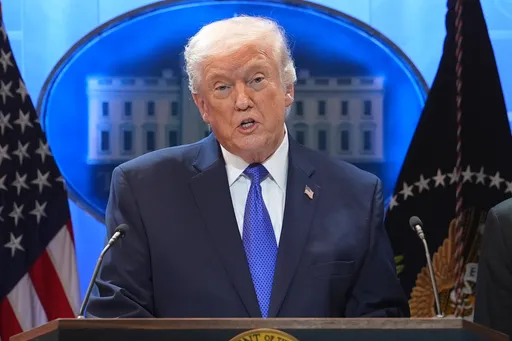Takata Corp, the Japanese air bag maker embroiled in a massive global recall, says its acquisition by US mobility safety company Key Safety Systems has been completed and its president has resigned.
Takata President Shigehisa Takada said on Thursday in a statement he has resigned as president and chairman. He was replaced by Yoichiro Nomura, chief financial officer, effective Wednesday.
Takata went into rehabilitation proceedings last year, slammed by the massive costs and sales damage from defective Takata air bag inflators, which can explode with too much force and spew shrapnel into a vehicle's drivers and passengers.
At least 22 deaths and more than 180 injuries have been linked to the defect. Some 50 million Takata air bag inflators have been recalled in the United States and millions more globally. But many repairs still remain undone.
Takada said he was stepping down because the transfer to Key Safety Systems, based in Auburn Hills, Michigan, was complete.
"We again express sincere apologies to our customers, creditors, shareholders and many others for the great deal of inconvenience related to our air bags," he said.
Seatbelts
Chinese-owned Key Safety Systems is a leading maker of seatbelts, which Takata also makes.
It paid $1.6 billion (175 billion yen) in a deal under which Key gets all Takata assets aside from those making replacement air bag inflators. Takata will continue to run those operations until they close.
Takada is the grandson of the company's founder, the defect scandal triggered calls for him to step down.
Various lawsuits are pending before US courts, including several class action lawsuits that allege automakers knew about the dangers of the defective air bags ahead of the recalls.
Takata uses the chemical ammonium nitrate to create small explosions to inflate air bags. But the chemical can deteriorate when exposed to high temperatures and airborne moisture. That causes it to explode with too much force, blowing apart a metal canister and hurling shrapnel.
Earlier this year, Takata reached a $650 million deal in the US to settle consumer protection claims from 44 states and Washington, DC.























